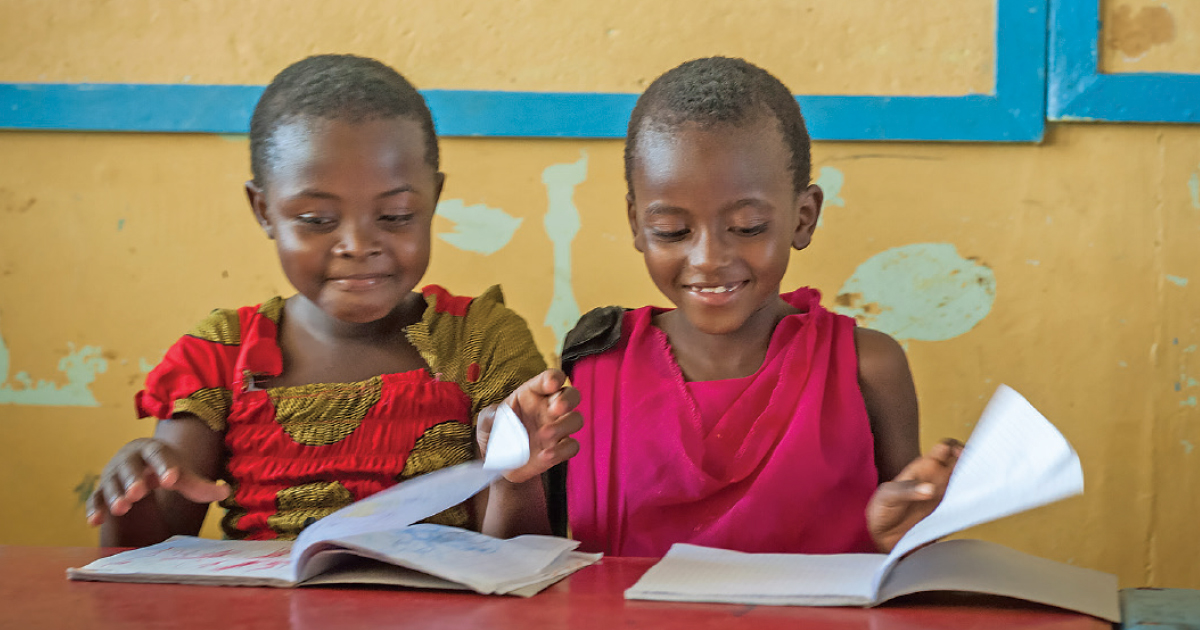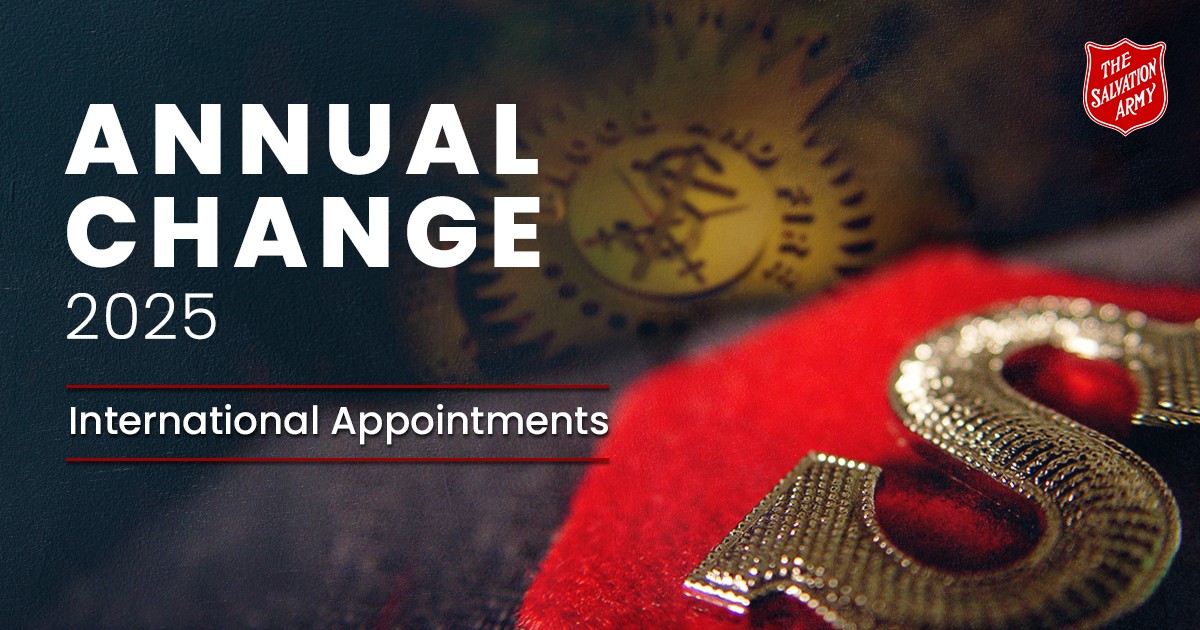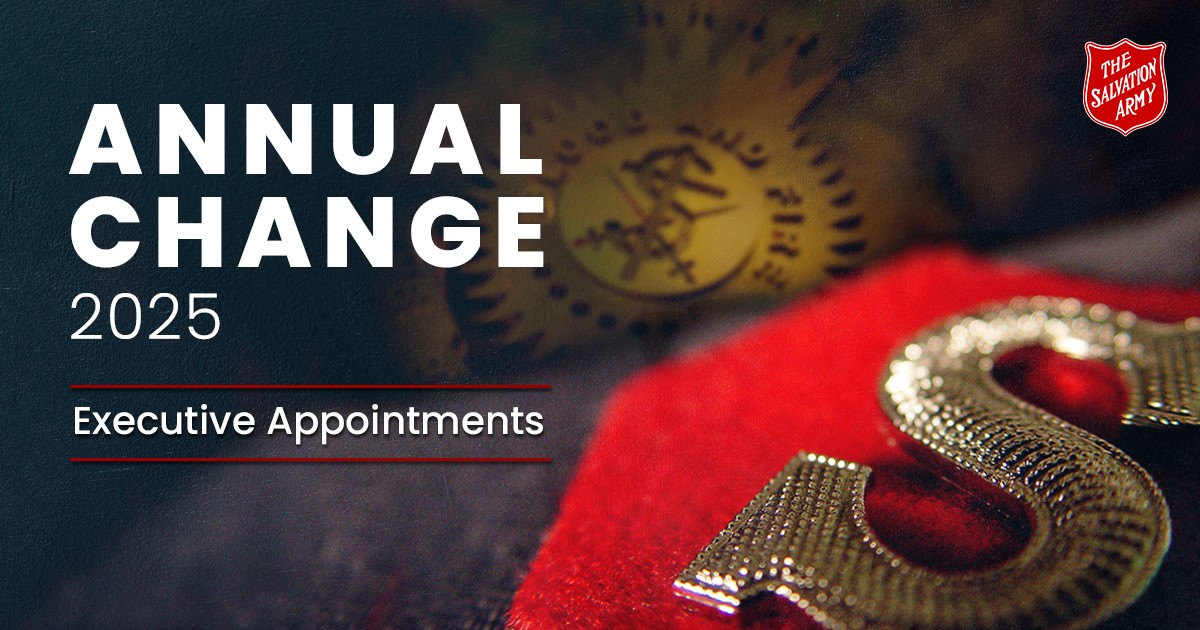In our everyday lives, words are all around us—a road sign, a prescription label, even the article you are reading right now. But how often do we think about the number of words we read, or how often we type or write words to communicate with others?
The Right to Education
For many of us, reading and writing are second nature. What would life be like if we couldn’t read or understand the words we see?
Globally, the literacy rate currently stands at approximately 86 percent, meaning 14 percent of individuals worldwide struggle to understand words. Put into perspective, 781 million adults are unable to read and write, and 250 million children are failing to acquire basic literacy skills.
September 8 has been declared by the United Nations as International Literacy Day. The day was established in 1966 to remind the public of the importance of literacy as a matter of dignity and human rights. It’s an opportunity to celebrate literacy while also reflecting on the literacy challenges around the world.
One of the ways that we can increase the overall literacy rate is by providing a solid educational experience for children. This will give them the skills and tools they need to complete school, further their education through college or university and even apply for a job, so they can live successful, independent lives.
Education is a human right, but not everyone is receiving or has access to education that will provide them a solid foundation in literacy.
Portraits in Literacy
The Salvation Army Brighter Futures Children’s Sponsorship Program recognizes the educational importance of teaching children reading and writing skills.
Some of the highest rates of illiteracy are in sub-Saharan Africa, with two thirds of illiterate individuals being female. In Liberia, the literacy rates are among some of the lowest in the world, at 48.3 percent. There, the Brighter Futures program is currently providing opportunities for children and youth to receive a high-quality education at four Salvation Army schools.
While the focus is on education, equality for girls is also important and the program ensures that the same number of boys and girls receive assistance for schooling. Here are just a few of those being assisted by The Salvation Army around the world:
Arpita was born in Ranjangaon Ganpati, in India. Both her parents are illiterate, and there is no school in her village. After being given the opportunity to attend Fariyabag Boarding School in Ahmednagar, Arpita is now doing well at school with her studies. Her parents are happy to see her in such a wonderful place where she is being equipped to be successful in life.
Onel was placed in the care of The Salvation Army Swedlanka Child Development Centre in Sri Lanka due to the neglect that was happening at home. Before going to the home, he had never attended school. At age 12, he now attends school every day and enjoys learning.
Rasika is 12 years old and comes from a difficult home where she experienced abuse. At five, she was brought to a Salvation Army child development centre in Sri Lanka. Her behaviour was very challenging for the teachers and she would often act out. The teachers suspected she had difficulty seeing the board, but even receiving her first pair of glasses did not have much effect on her behaviour. It was then discovered by the teachers that she was illiterate. With regular counselling and extra help at school and the centre, she is now able to read and write.
“Forever Free”
Everyone deserves the right to be able to communicate freely in a world that is built upon words and the right to a high-quality education that will provide them a foundation of literacy. When individuals are empowered with the ability to read and write, they gain personal dignity and self-worth.
American writer, orator, social reformer and former slave Frederick Douglass said, “Once you learn to read, you will be forever free.”
“The Salvation Army promotes the importance of literacy,” affirms Lt-Colonel Brenda Murray, director of The Salvation Army’s international development department at territorial headquarters in Toronto, “recognizing that when one is given the skills to read and write, doors of opportunity are opened—breaking the cycle of poverty.”
We can all play our part in raising awareness about literacy and providing the freedom for everyone to have the opportunity to communicate through the world of words.
How Can You Get Involved?
Become a monthly donor for the Brighter Futures Children’s Sponsorship Program. Currently, more than 2,600 children and teens in eight countries are being supported through education programs (salvationist.ca/brighterfutures). Donate to the Gifts of Hope education program (salvationist.ca/gifts-of-hope).
Major Heather Matondo is the sponsorship co-ordinator for The Salvation Army’s international development department at territorial headquarters in Toronto.
This story is from:










Leave a Comment